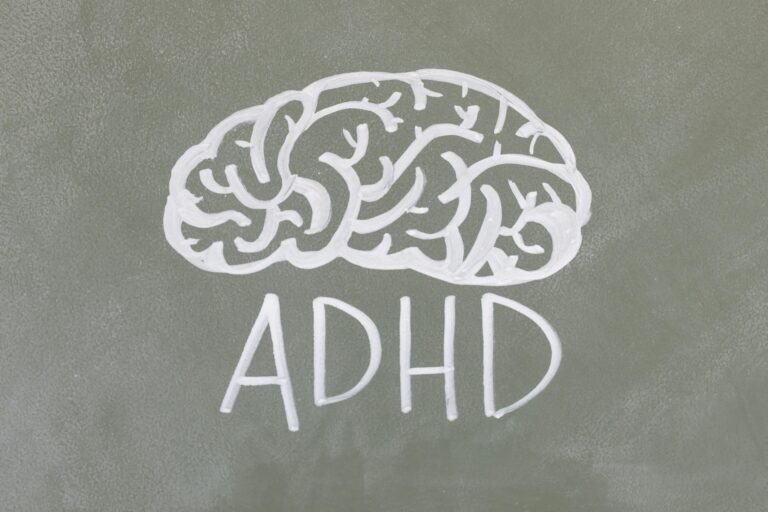If you’ve ever stumbled across a stat saying people with ADHD live shorter lives, you’re probably feeling a mix of confusion, concern, and maybe even panic. So let’s break it down together in a clear, honest, and no-fluff way.
Where Did This Idea Come From?
This conversation started gaining attention after several studies found that people with ADHD may have a reduced life expectancy compared to those without it. One large study from Sweden followed over 2 million people and found that, on average, people with ADHD could have a life expectancy up to 13 years shorter. But before we jump to conclusions, let’s unpack what that really means.
It’s Not ADHD Itself That Shortens Lives
Here’s the key: ADHD doesn’t directly cause a shorter life. It’s not like the condition itself is shaving years off the clock. The real story is more about the ripple effects ADHD can have if it’s unmanaged or misunderstood.
Why the Numbers Look Like That
ADHD is often linked with:
- Risk-taking behavior: Impulsivity can lead to things like reckless driving, substance use, or unprotected sex.
- Accidents and injuries: People with ADHD are statistically more likely to be involved in car accidents and other injuries.
- Mental health struggles: Depression, anxiety, and even suicidal thoughts can accompany ADHD, especially if it’s not recognized or supported.
- Neglecting health: Missed doctor’s appointments, untreated conditions, inconsistent routines.
These are all things that can affect long-term health, but they’re not inevitable. With the right support, education, and strategies, these risks can be lowered significantly.
So Should You Worry?
Not in a panic kind of way. But it is a reason to take ADHD seriously. It means managing ADHD isn’t just about being more organized or productive. It’s about taking care of your whole self—body and mind.
What You Can Do to Improve Life Expectancy With ADHD
Living well with ADHD is completely possible. Here are a few steps that actually make a difference:
1. Get Diagnosed and Treated
Whether that means medication, therapy, coaching, or a mix of things, treatment helps regulate the things that make daily life feel chaotic or risky.
2. Build Routines That Work for You
Even if you hate routines, finding structure that supports you can prevent burnout, missed health checks, or impulsive choices.
3. Prioritize Mental Health
Don’t ignore feelings of burnout, anxiety, or depression. Talk to someone. Therapy helps, and ADHD-specific support groups can make you feel less alone.
4. Stay Informed
The more you understand how ADHD works, the more you can find ways to work with your brain instead of against it.
5. Create a Safety Net
Tell people in your life what helps. A supportive friend, a safe home environment, or reminders to take meds and checkups can all be game-changers.






